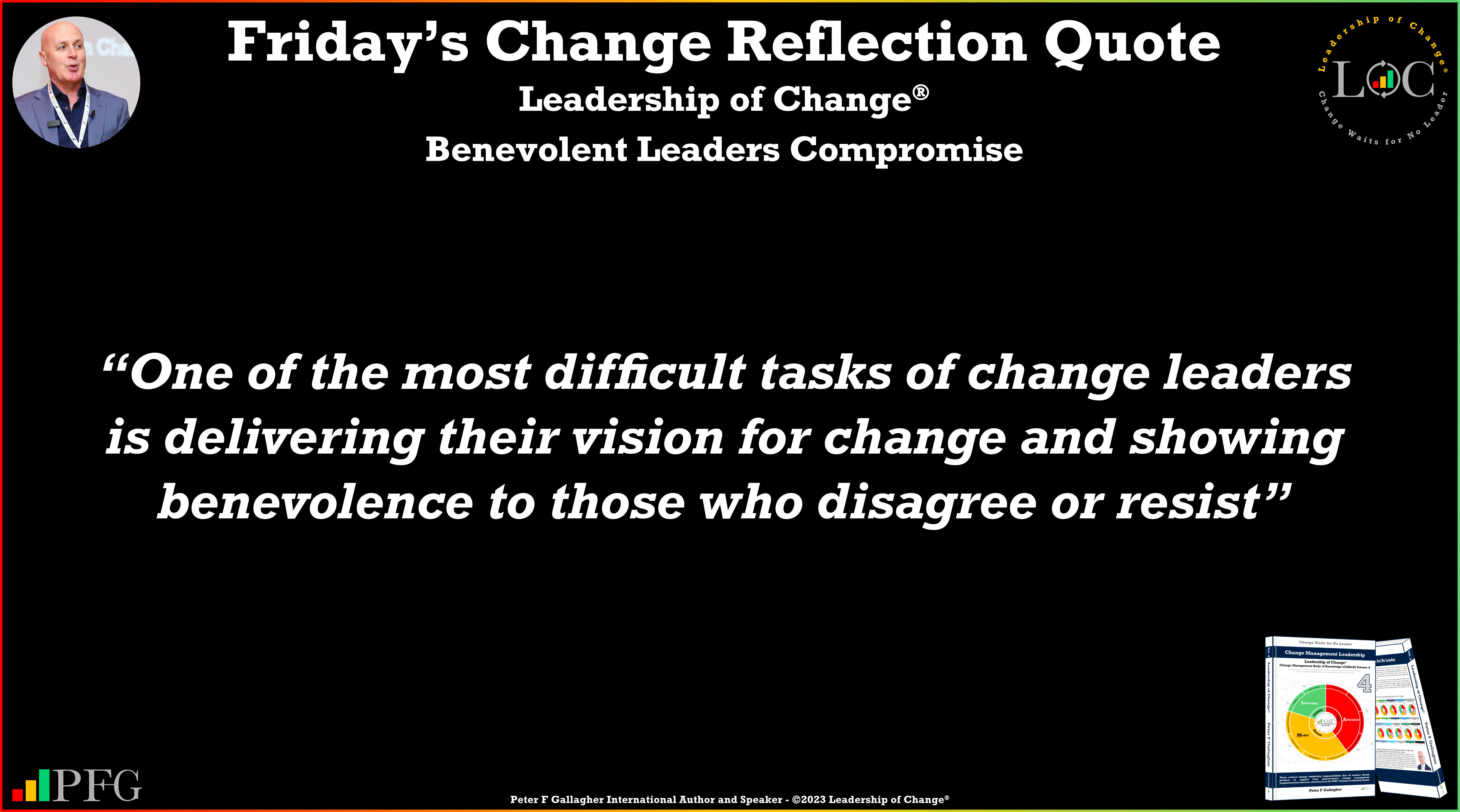Jun09

Margaret Thatcher
Happy Friday!
On this day, June 9th, 1983, Margaret Thatcher's British Conservative Party won a landslide second-term election victory, taking 397 seats to Labour's 209. Thatcher's success was fuelled by her resolute leadership during the Falkland Islands War and the disunity within the opposition party. Notably, she etched her name in history as the first female Prime Minister of Britain. Throughout her tenure, she introduced and implemented economic policies that later became known as Thatcherism. Her unwavering stance and unyielding politics earned her the moniker “Iron Lady,” a title that resonated with her firm resolve and unwavering leadership style. While Thatcher implemented significant economic reforms that aimed to modernise the British economy, some argue that she could have done more to address the social impacts of these changes. The negative consequences felt by certain industries and regions created discontent and eroded support, leading to challenges to her leadership.
Thatcher possessed exceptional communication skills and charisma, which enabled her to effectively articulate her vision and connect with the public. She used powerful rhetoric and memorable phrases to engage, influence, and inspire people. Her leadership style was characterised by her strong determination, assertiveness, and uncompromising approach to politics. She told us. “To those waiting with bated breath for that favourite media catchphrase, the U-turn, I have only one thing to say: You turn if you want to. The lady’s not for turning.” However, her policies and governing style were also highly divisive, and she faced significant opposition from political opponents and protesters during her time in office. Typically, business leaders implementing change cannot alienate their stakeholders. Benevolent Leaders Compromise.
“One of the most difficult tasks of change leaders is delivering their vision for change and showing benevolence to those who disagree or resist”
Benevolent leaders are committed to making their organisations better, and this trait complements change leadership. They are approachable and accessible but are neither wimps nor pushovers. Benevolent leaders are servant leaders, they put the needs of their employees first. Benevolence includes empathy, humility, and respectful leadership.
Have a fantastic weekend with the ones you love and care for, enjoy some fresh air, exercise, eat, drink and be happy.
Further Reading: Change Management Leadership: Leadership of Change Volume 4
Peter consults, speaks, and writes on the Leadership of Change®. He advises CEOs on how to prepare and align their corporate leadership teams to successfully lead their organisation's change.
For further reading please visit our websites: https://www.a2b.consulting https://www.peterfgallagher.com Amazon.com: Peter F Gallagher: Books, Biography, Blog, Audiobooks, Kindle
Leadership of Change® Body of Knowledge Volumes: Change Management Body of Knowledge (CMBoK) Books: Volumes 1, 2, 3, 4, 5, 6, 7, A, B, & C available on both Amazon and Google Play:
~ Leadership of Change® Volume 1 - Change Management Fables
~ Leadership of Change® Volume 2 - Change Management Pocket Guide
~ Leadership of Change® Volume 3 - Change Management Handbook
~ Leadership of Change® Volume 4 - Change Management Leadership
~ Leadership of Change® Volume 5 - Change Management Adoption
~ Leadership of Change® Volume 6 - Change Management Behaviour
~ Leadership of Change® Volume 7 - Change Management Sponsorship
~ Leadership of Change® Volume A - Change Management Gamification - Leadership
~ Leadership of Change® Volume B - Change Management Gamification - Adoption
Coming soon:
~ Leadership of Change® Volume C - Change Management Gamification - Behaviour
~ Leadership of Change® Volume D - Change Management Gamification - Sponsorship
~ Leadership of Change® Volume E - Change Management Gamification - Leadership Teams
Keywords: Business Strategy, Change Management, Leadership
 Lateral Moves: The Most Overlooked Succession Strategy in Companies
Lateral Moves: The Most Overlooked Succession Strategy in Companies The Asset Play: Timing, Structure & Global Arbitrage
The Asset Play: Timing, Structure & Global Arbitrage  The Orchestra Needs a Conductor: Why Multi-Model Agents Require H2E Governance
The Orchestra Needs a Conductor: Why Multi-Model Agents Require H2E Governance The Role of Memory in Modern-day Business
The Role of Memory in Modern-day Business The Architectures of Permanence: A Comparative Analysis of the "Big Three" AI Strategies (2026)
The Architectures of Permanence: A Comparative Analysis of the "Big Three" AI Strategies (2026)